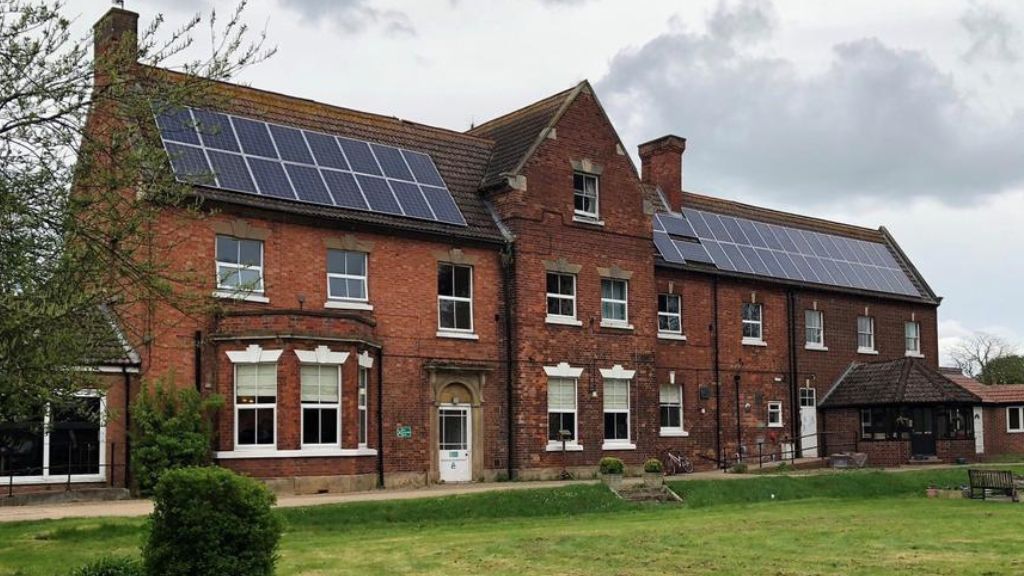NHS winter plan causes concern in care sector
NHS England has published its plan to increase capacity and operational resilience in urgent and emergency care ahead of winter 2022.
A letter addressed from NHS chief executive Amanda Pritchard, NHS England chief financial officer Julian Kelly and NHS England chief operating officer Sir David Sloman has said that, although “the provision of social care falls outside of the NHS’s remit”, the health service must ensure patients not requiring onwards care are discharged as soon as they are ready and can access services they may need following a hospital stay.
“There is a significant number of patients spending longer in hospital than they need to, often due to a lack of availability of social care,” the letter continues. “While challenges are often seen at the ‘front door’, we know that their root cause is often in the ability to discharge patients from, and flow through, hospitals.”
In response, the letter says that the NHS is working with local councils to implement the 10 best practice interventions through the 100-day discharge challenge, encourage a shift towards home models of rehab for patients with less severe injuries or conditions and maximise support available from the Seasonal Surge Support Programme, provided by VCS partners.
“Expanding capacity is dependent on both sufficient workforce and workforce wellbeing. This is why it is important that the plans have been built from the bottom up, with Integrated Care Boards (ICBs) responsible for developing plans that are based on realistic assumptions, including how many staff can be recruited and at what speed. We will fully fund the recent pay award nationally, avoiding the need to cut frontline services for winter.
“Similarly, ICBs have been clear with us that much of the pressure on urgent and emergency care is driven by the current, significant, growing strain in social care. Too many patients are spending longer in hospital than they need to, creating pressure along the entire pathway. We will continue to work with the government, and national local government partners, to help, as far as possible, address these issues. At a local level, the creation of Integrated Care Systems offers an opportunity for all partners in a local system to work together to deliver local solutions. This includes making the best use of the Better Care Fund, building on the work you are doing locally to map local demand and capacity.”
The letter describes the NHS’ key objectives for winter as preparing for variants of Covid-19 and respiratory challenges, increasing capacity outside acute trusts, increasing resilience in NHS 111 and 999 services, targeting Category 2 response times and ambulance handover delays, reducing crowding in A&E departments and targeting the longest waits in Emergency Department, reducing hospital occupancy, ensuring timely discharge and providing better support for people at home.
However, some members of the social care sector have raised their concerns about the plan.
BKR Care Consultancy consultant Bhavna Keane-Rao responded to the statement that the provision of social care falls outside of the NHS’s remit by saying: “this is the biggest issue that requires true leadership to forward-thinking – there cannot and must not be this vacuum between NHS and social as they interlinked!”
Franchise director (Birmingham Solihull and Coventry) for Care Improvement Associates (CIA) Paula Cashmore added: “How ignorant. Do they even realise they are directly responsible for a fair few beds within social care? Do they not realise their community teams spend a great amount of time delivering nursing services into residential homes?
“No wonder we have such a crisis in the NHS, even the bosses don’t know how Health AND social care works hand in glove.”
Have your say about the NHS winter 2022 plan – email [email protected] or let us know via social media.




